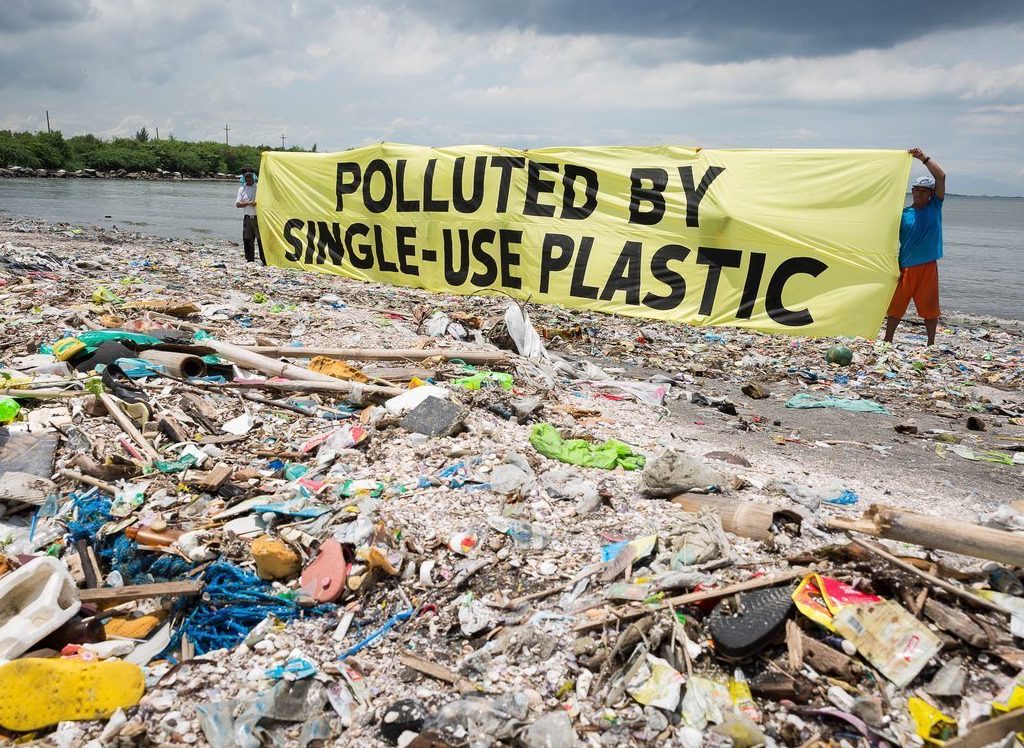2 Mins Read
According to the first study published on human ingestion of plastic pollution, we are eating and breathing in an average of 50,000 particles of microplastic a year. Even more alarming is the likelihood that the real number is many times higher than estimated by the researchers, with more dire estimates suggesting the figure could be up to 120,000 particles a year.
Microplastic pollution is everywhere – in our air, soil, rivers, oceans, drinking water and food. The specific impact of ingesting microplastics cannot yet be confirmed, but there is evidence that they can release toxic substances into the body. Once consumed through food, water and breathing, some plastic particles are tiny enough to penetrate human tissues and trigger immune reactions.
The new study, published in the journal Environmental Science and Technology, analysed data from 26 previous studies that measured levels of microplastic contamination in seafood, sugar, salt, beer, water and air. The researchers then calculated an average number of particles people consume based on US dietary guidelines.
Scientists estimated that adults consume 50,000 particles per year, while children ingest a worrying 40,000 particles. Given that the study tested contamination in a range of food and beverage products, the real level of plastic ingestion is probably much higher than the average 50,000 particles estimated.
“It is really highly likely there is going to be large amounts of plastic particles in these [bread, processed products, meat, dairy and vegetables]. You could be heading into the hundreds of thousands”, said lead researcher Kieran Cox from the University of Victoria.
Even though the casual impact of inhalation and consumption of microplastic on our health remains unclear, several experts have expressed genuine concerns. Chief scientific advisers by the European Commission warned in a report in April for “precaution to be exercised”, especially as uncontrolled microplastic pollution is irreversible.
What this new piece of research calls for is action in our everyday habits if we are to live sustainable healthy lives. One of the ways we can do this is to break up with single-use plastic. “Removing single-use plastic from your life and supporting companies that are moving away from plastic packaging is going to have a non-trivial impact”, said Cox. The study also found that people who drink bottled water could be ingesting an additional 90,000 plastic particles annually.
It’s also worth being more vigilant about where your food is coming from, choosing locally grown and organic where possible and eating as many whole, unprocessed foods as possible.
Lead image courtesy of Danish Thai Chamber of Commerce.




